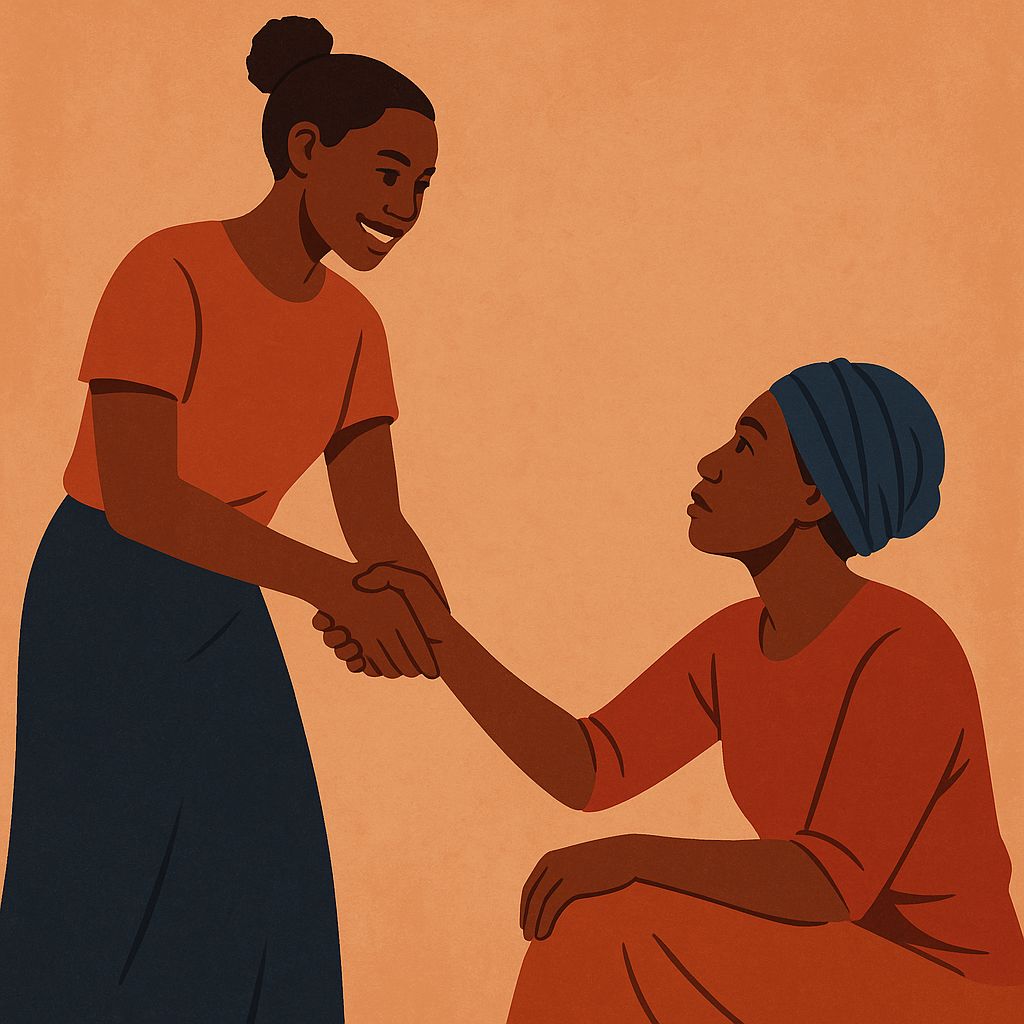Features
Faizat Badmus-Busari: How Nigerian Women Can Support Survivors of Wartime Sexual Violence

June 19 is observed annually as the International Day for the Elimination of Sexual Violence in Conflict. This day serves to honour survivors, acknowledge the use of women’s bodies as weapons in war, and reaffirm our commitment to justice. However, for many women in Sudan, this day may go by unnoticed. This is not due to a lack of understanding of its significance, but because they are struggling just to survive each day.
Since April 2023, war has ravaged Sudan, displacing millions and exposing women and girls to extremely brutal and widespread sexual violence. The conflict erupted between the Sudanese Armed Forces (SAF) and the paramilitary group known as the Rapid Support Forces (RSF), both vying for power in a country already suffering from years of instability. As these forces clash in cities, villages, and refugee camps, women’s bodies have become targets. Conflict-Related Sexual Violence (CRSV) is not merely a byproduct of this war; rather, it is an intentional and deliberate strategy aimed at destroying and displacing women.
At the Strategic Initiative for Women in the Horn of Africa (SIHA) Network, the organisation where I serve as Regional Programme Manager, we have been working alongside Sudanese women’s groups to document and respond to these atrocities. Our data shows that a vast majority of documented cases involve gang rape, and more than 25% involve children. These are not random acts. They are coordinated, cruel and calculated.
But beyond the violence itself, survivors are also facing another war, the war of silence, shame and scarcity. In many displacement camps and conflict areas, basic necessities like sanitary pads are unavailable. Women and girls who have been violated, often repeatedly, have no access to clean hygiene materials, trauma care or safe shelter. Many are navigating the physical and mental aftermath of sexual violence with no medical support or pain relief, let alone access to justice.
That’s why on June 19, I want us, Nigerian women especially, to think about solidarity not just as a feeling, but as a form of action. We often say, “Our stories are connected.” But the truth is, our struggles are too. Nigeria has witnessed insurgency, displacement and several cases of sexual violence. We remember the Chibok girls. We remember the Dapchi girls. We know what it means when the world looks away. Sudanese women are facing that same silence.
You don’t need to be on the front lines to make a difference. You can amplify survivor voices from exactly where you are. You can support the Pads for Peace campaign, which provides sanitary materials to Sudanese women and girls in crisis. You can organise donation drives, write about the issue, post about it, talk about it and break the silence in your circles. Use your social media platforms to #KeepEyesOnSudan — because visibility is power and silence is complicity.
You can also join those of us calling for real accountability: for sexual violence to be addressed in peace negotiations, for survivors to receive trauma care and protection, and for African women’s lives to be treated with the urgency they deserve. Sudan may feel far from Lagos or Abuja, but feminist solidarity is borderless. If you are a woman reading this, do something.
Because these women, our sisters, are fighting to survive with dignity. And your voice, your platform, your support can be part of that fight. Justice does not begin in courtrooms. Sometimes, it begins with a pad, a post, or a pledge to care.





















